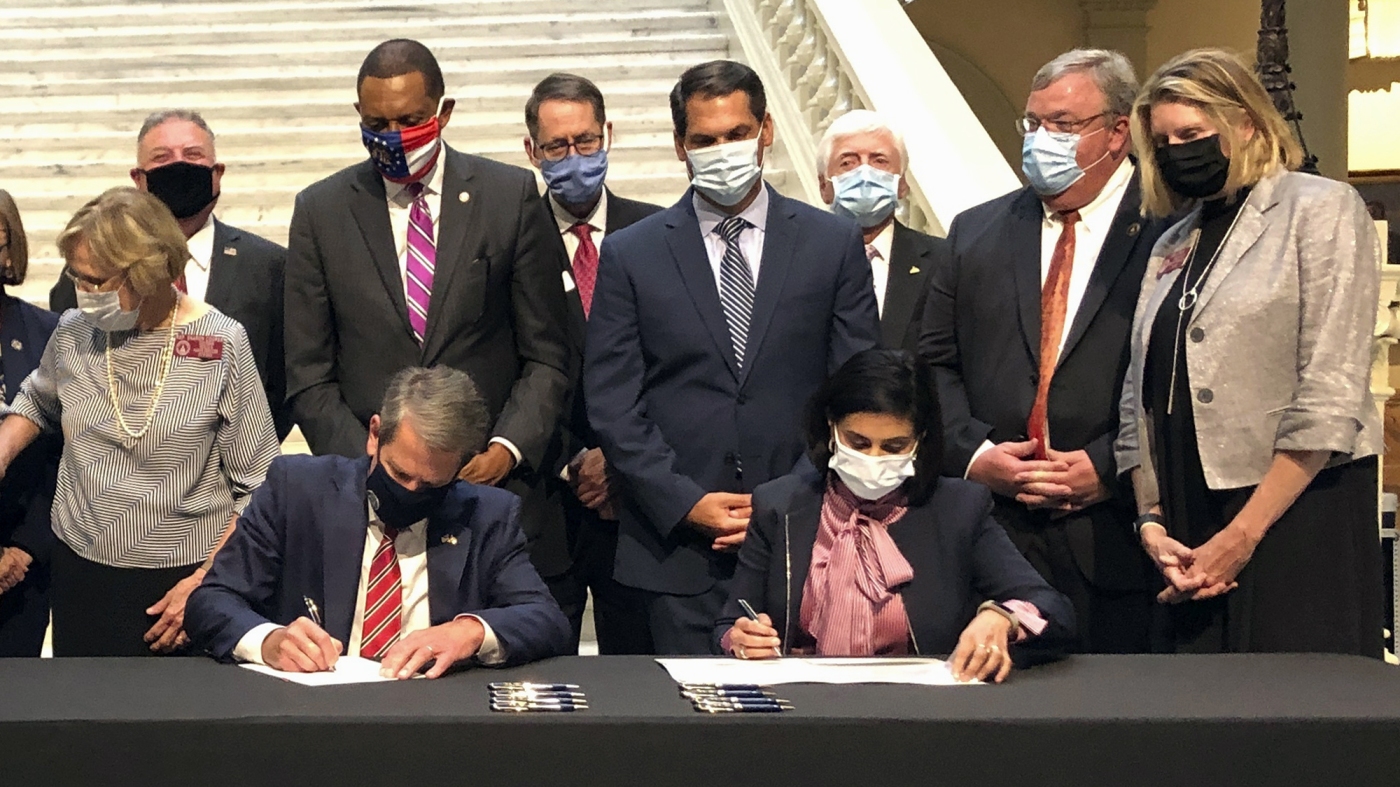Georgia’s Medicaid Work Requirements: A Troubled Blueprint as Waiver Deadline Looms
Georgia’s Medicaid Work Requirements: A Troubled Blueprint as Waiver Deadline Looms

Georgia’s two-year experiment with Medicaid work requirements, often seen as a precursor to upcoming federal mandates, continues to face significant challenges and scrutiny as its federal waiver approaches a September 2025 expiration.
Despite being the only state with an active system requiring low-income adults to report monthly work, school, or volunteer hours to maintain health coverage, Georgia’s ‘Pathways to Coverage’ program has been plagued by bureaucratic hurdles, red tape, and unexpected costs. As of June 30, 2025, 8,078 people are enrolled, but the system has cost over $91 million in state and federal funds since its inception, with more than half dedicated to building and operating the reporting system.
Tanisha Corporal, an Atlanta social worker, exemplifies the struggle. Despite her professional background, she endured an eight-month battle of denials and appeals to secure coverage for herself and her son, highlighting the system’s complexity and unreliability. Even after approval, monthly re-certification remains a ‘nightmare,’ she states, questioning how others without her expertise manage.
Health advocates warn that Georgia’s experience could be replicated nationwide when federal work requirements for Medicaid, affecting adults under 65, begin as early as 2027. Critics argue these requirements do little to boost employment, as most Medicaid recipients are already working or have valid exemptions, and instead primarily serve to cut off vital health insurance.
As the September 2025 waiver deadline nears, Georgia is seeking an extension, proposing to reduce the frequency of participant verification from monthly to annually. This potential change acknowledges some of the administrative burdens, but the fundamental challenges of accessibility and bureaucratic complexity remain a major concern for both current enrollees and the future of Medicaid policy across the nation.
Disclaimer: This content is aggregated from public sources online. Please verify information independently. If you believe your rights have been infringed, contact us for removal.